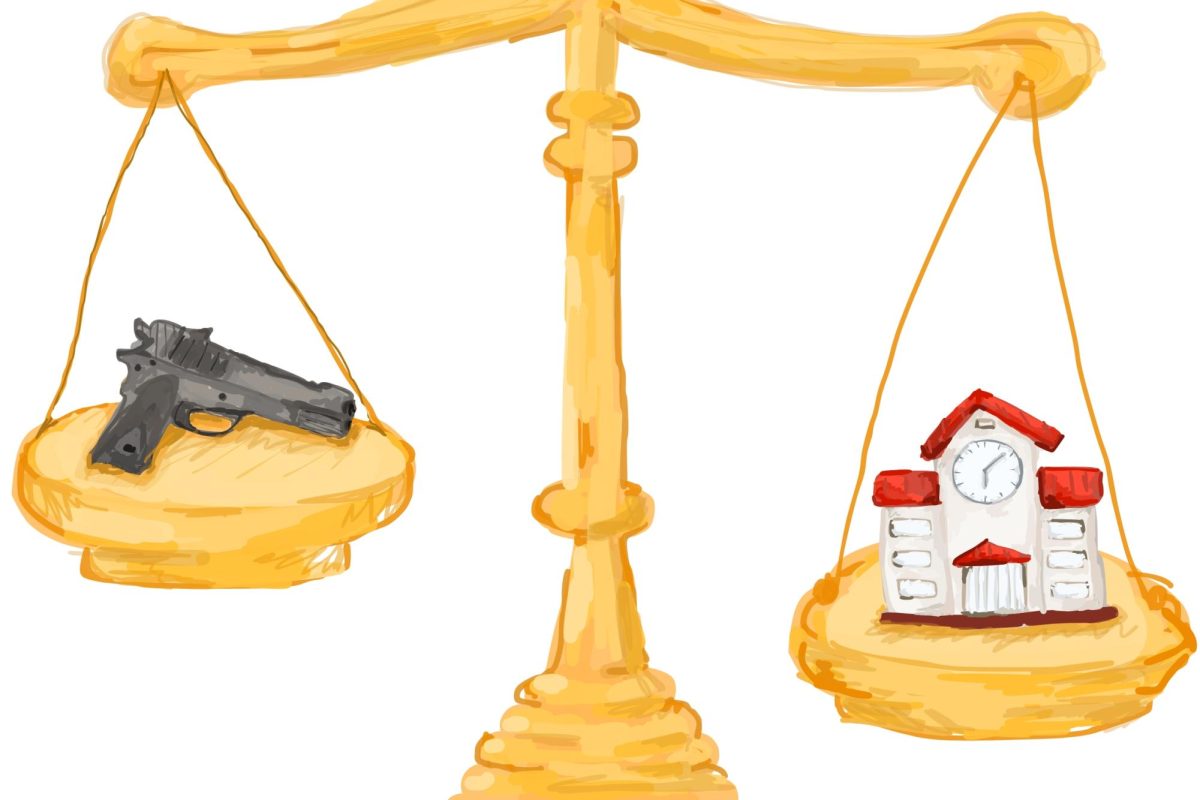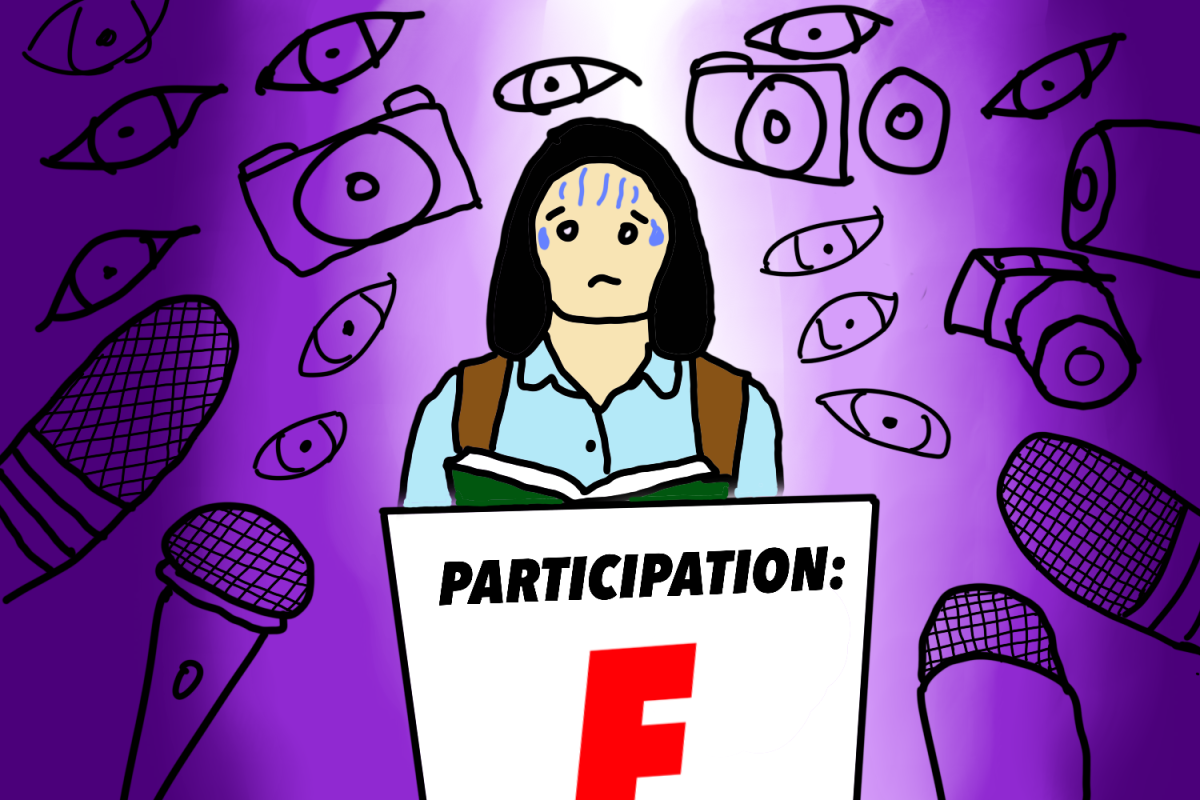At some point in their lives, most people have been told the phrase “just trust your gut!” However, this mantra is a lot less reliable than perceived, and has been taken far too seriously to the point where one’s intuition has overtaken their logical or methodical thinking. In turn, trusting “one’s gut” has led to people committing rash, irresponsible decisions that end up backfiring on them later.
Most commonly, this phrase has been used to make complex decisions. To Medium, trusting your gut entails “listening to that voice and acting on it.”
The voice in question is simply your intuition, and it is referencing a connection that comes from humanity’s association of emotion to your brain. Oftentimes, the feelings we experience register in our body in the form of gastrointestinal distress to cause things like nausea. This leads to people feeling like this is their gut giving them instructions, when, in reality, they are just feeling some sort of strong feeling (i.e. stress) that is causing side effects.
However, this exact scientific connection immediately begins to point out the lack of legitimacy around the longlasting theory because people are following something they do not realize is a byproduct of scientific reactions. When people are following something because it simply “feels right” they are just acting on a reaction that is triggering their body to act differently. However, people must remember that just because you feel different, it does not mean that you should act upon that.
According to the National Institutes of Health, our feelings can “induce various forms of bias into the decision-making process that skew their decisions…In this view, feelings can be harmful to decision-making performance.”
Essentially, when feelings (especially intense feelings, like anger or sadness) are incorporated into a decision, that choice may not yield the best outcome. This idea is virtually echoing the idea of “following your heart” versus “following your brain.” However, since bias is included in your gut or heart decision making, you are more likely to fall to implicit bias. In comparison, if you think about things analytically, the implicit biases you may have are less likely to partake in the decision. Thus, by following your gut, you are making a decision on assumptions that are not true. When you make decisions on false assumptions, you are making decisions without all of the necessary information, rendering your decision inaccurate.
In addition to the idea of implicit bias, The Harvard Business Review’s Eric Bonabeau describes humans as “creatures of the status quo” who are “drawn to conclusions that justify and perpetuate current conditions and repelled by anything that would roil the waters.”
What is being stated here is that our human brains are naturally wired to “follow the crowd,” leading to a lack of creative and original thinking. When this is taken into account as to how we make decisions, gut-based actions are more likely to be mundane or present a result that does not live up to what would have happened if a person had an analytically determined conclusion. By following your gut, you are essentially holding yourself back from decisions that could yield better results simply because gut-based decisions are statistically more likely to be within your comfort zone.
Bonabeau adds that humans are “irrationally influenced by the first information we receive on a particular subject—it becomes, as decision researchers put it, the “anchor” that determines and distorts how we process all subsequent data.”
Keeping this in mind, that means a majority of our decisions will be surrounded by our first impression of something rather than the value of something in totality. When humans follow their individual instincts, this decision will likely follow that same judgment, leading to an outcome based on how something is perceived.
For example, many people have met someone they have had a bad feeling about. Whether or not this assumption is accurate is anybody’s guess, but chances are that you will treat someone based on that first impression. From there, you will likely associate that person with two faced or creepy individuals.
When all of this is taken into account, decisions rooted around your intuition become less reliable because of the fact that the very same intuition you relied on is not actually impartial to begin with. Even if your brain is biased towards something rather than against it, the decision you would be making would still be incomplete because following a gut instinct is following subconscious thinking. Instead, when you take a second to do your research and make sure you are in fact making the right choice, you are able to follow the complete picture.
GRAPHIC COURTESY OF LORIN TENG







